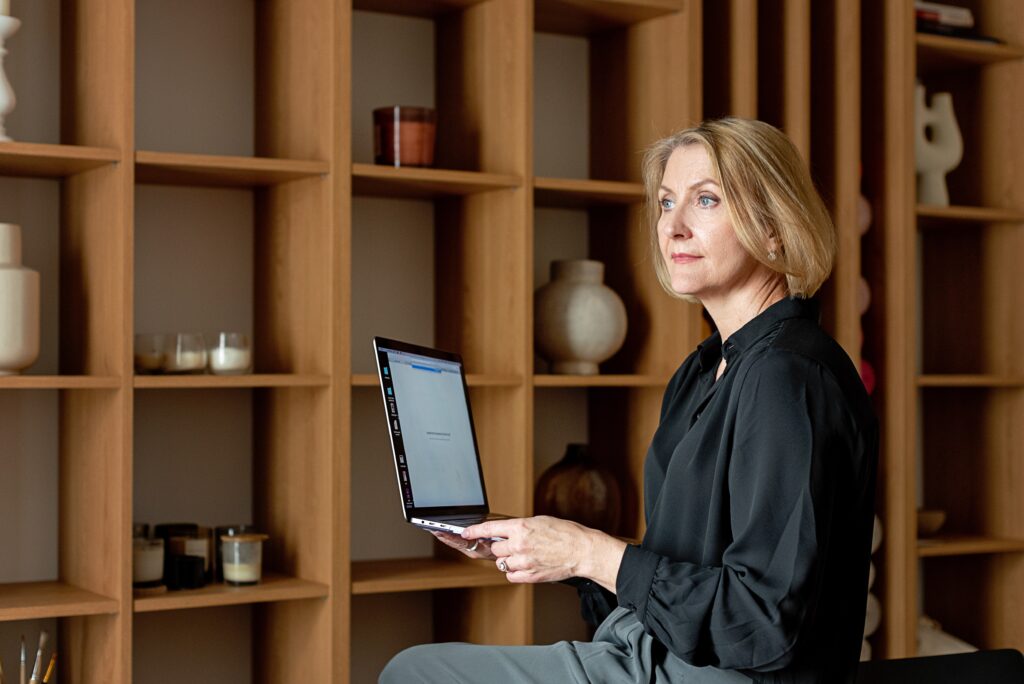Keeping up to date with the new trends for this autumn and winter 2022 is essential in the tourism sector. Keeping up to date with what’s new in a sector that has seen 5 key trends stand out during the summer alone is not easy. That’s why we’re providing you with this guide to the trends that will continue into autumn and winter 2022.
Take advantage of these tips to improve the results of your holiday rental or hotel business!
Top trends for autumn 2022
Stay extension
Summer is the time of the year when we spend time relaxing, seeing family, and experiencing new things. Now that the global situation has improved, travellers have decided to make up for the time lost during these 3 years of pandemic. This has resulted in an extension of the average length of stay by more than a week.
In fact, the Turkish coastal destination Marmaris has the highest rate with an impressive average of 9 days.
Take advantage of the extension of the average length of stay to offer more extra services. This way your guests can enjoy a personalised experience. Moreover, this practice is perfect to increase your profit margins with every booking.
Find out here how Upselling works for hotels and holiday rentals.
Early booking is back
This summer, we have seen the return of early booking. We see this from travellers from the UK, Ireland and the Netherlands. They show a return to the custom of booking in advance. These travellers plan their trips up to 4 months in advance.
However, in Asia-Pacific countries, last minute bookings are still the norm. The average booking is 10 days in advance.
Take advantage of the return of early booking, in many ways. Use this time to develop an elaborate communication strategy for your guests. Prepare personalised welcome emails, confirmation emails, offer new experiences or additional services, send the guest the online check-in form, etc. ….. Try to be as creative as possible, and develop a unique communication with your guests. The goal is to create a special relationship with your guests before they arrive.
Sustainability is a key factor
A new and growing trend in the tourism sector is sustainability. Travellers are increasingly concerned about the environmental impact of their trips. For example, the protection and respect of natural and cultural heritage by tourist accommodations.
But what kind of solutions can I start implementing in my holiday home or hotel? Well, you can start with: joining a green electricity network, incorporating low consumption appliances and light bulbs, recycling adapted waste, leaving recommendations in the house for the use of light and water, or instructions on behaviours to adopt to make conscious tourism, offering self check-in to the house thus reducing trips to the house and unnecessary pollution, etc…
There are many ways to be sustainable, and improve your guests’ experience. Find here a guide on how to adapt your accommodation to sustainable tourism.
The South American market Boom
The tourism markets that are proving to be attractive again are the countries of Latin America. According to Forbes Argentina, in the last year, the tourism sector contributed 6.1% (213.4 billion dollars) to Latin America’s GDP. A significant increase, representing a 26.5% increase over the previous year.
Brazil, for example, has managed to double its figures with a 90% growth. Cities such as Rio de Janeiro quadrupled their pre-COVID records. On the other hand, and no less impressive, cities such as Brasilia, Maceio, Curitiba and Fortaleza, increased their registrations by 300%.
But Brazil is not the only Latin American country to take advantage of this boom. Countries such as Mexico increased their registrations by more than 50%. These new travellers heading to Mexico come from Peru, North America and Colombia, turning this tourism into domestic tourism to America.
Take a step further, and discover how to offer the best experience to your guests.
The importance of digital
Following the health crisis in recent years, the implementation and development of digital processes in the tourism sector has accelerated.
Digitalisation represents many advantages for the sector, such as improved customer experience, time savings for both hosts and guests, flexibility in check-in, increased profits and bookings, etc.
In fact, did you know that 75% of travellers prefer to book accommodation with online check-in? Check out this article on why 90% of positive reviews come from a good check-in.







